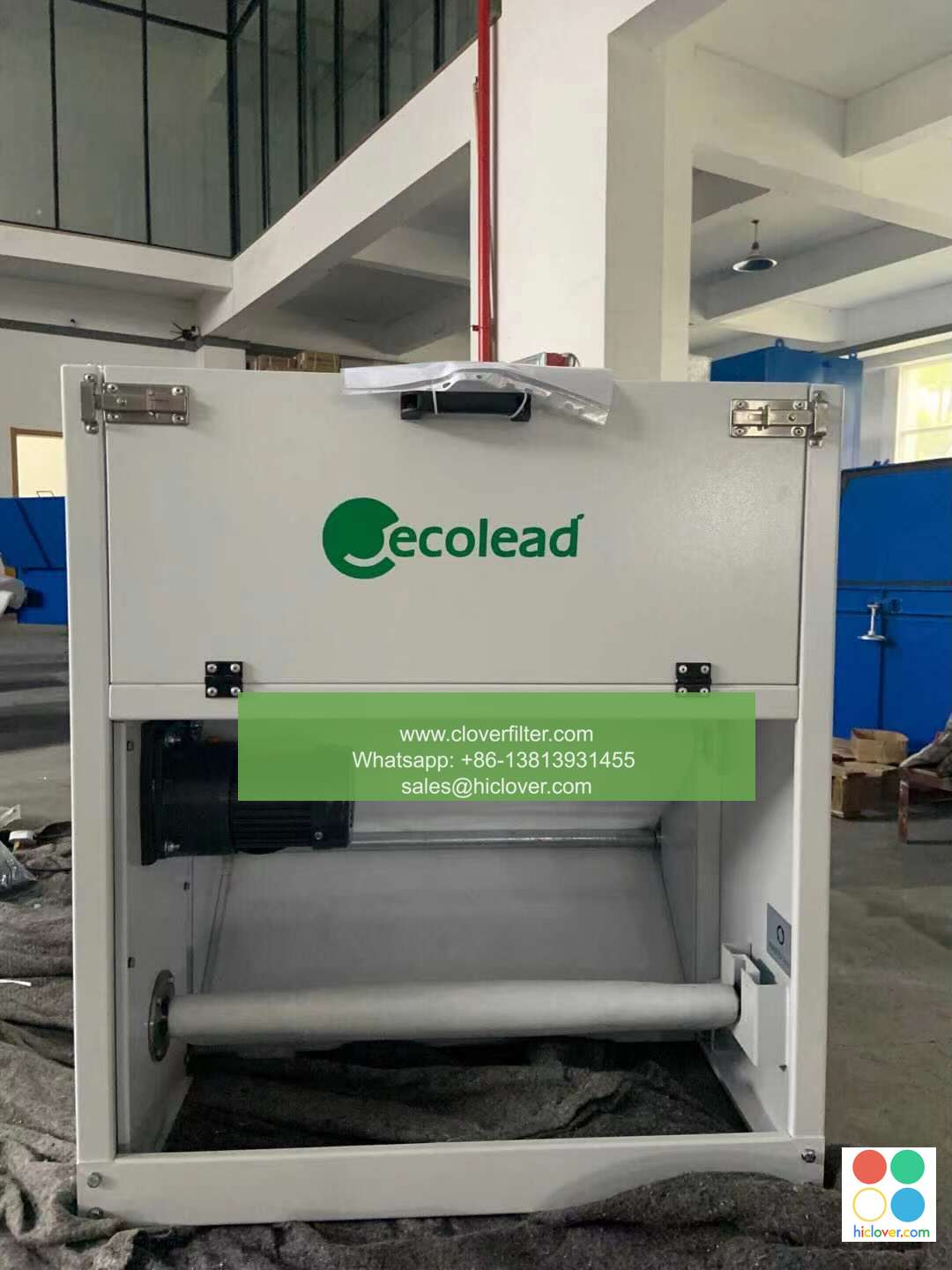Aseptic Bottling Plants: The Importance of Air Filtration in Coca-Cola’s Georgia Operations

The Coca-Cola Company, a multinational beverage corporation, has been a leader in the beverage industry for over a century. With a vast array of products, including soft drinks, juices, and bottled water, the company has established itself as a pioneer in the field of food and beverage processing. In this article, we will explore the significance of air filtration systems in Coca-Cola’s aseptic bottling plants in Georgia, highlighting the crucial role they play in maintaining the highest standards of product quality and safety.
Introduction to Aseptic Bottling
Aseptic bottling is a process that involves filling and packaging products in a sterile environment, free from any microbiological contaminants. This method is widely used in the food and beverage industry, particularly for products that require extended shelf life and high-quality packaging. Coca-Cola’s aseptic bottling plants in Georgia employ state-of-the-art air filtration systems to ensure that the air in the production area is free from contaminants, thereby maintaining the sterility of the products.
Importance of Air Filtration in Aseptic Bottling
Air filtration plays a vital role in aseptic bottling plants, as it helps to remove airborne contaminants that can compromise the quality and safety of the products. The air filtration systems used in Coca-Cola’s Georgia operations are designed to capture particles as small as 0.3 microns, including bacteria, viruses, and mold spores. This ensures that the air in the production area is clean and sterile, reducing the risk of contamination and maintaining the highest standards of product quality.
Applications of Air Filtration in Coca-Cola’s Operations
Air filtration systems have various application areas in Coca-Cola’s aseptic bottling plants in Georgia, including:
* Production areas: Air filtration systems are used to maintain a sterile environment in production areas, where products are filled and packaged.
* Storage areas: Air filtration systems are used to maintain a clean and dry environment in storage areas, where products are stored before distribution.
* Quality control laboratories: Air filtration systems are used to maintain a sterile environment in quality control laboratories, where products are tested for quality and safety.
Benefits of Air Filtration in Coca-Cola’s Operations
The use of air filtration systems in Coca-Cola’s aseptic bottling plants in Georgia has several benefits, including:
* Improved product quality: Air filtration systems help to remove airborne contaminants that can compromise the quality and safety of products.
* Increased efficiency: Air filtration systems help to reduce downtime and increase production efficiency by maintaining a clean and sterile environment.
* Reduced costs: Air filtration systems help to reduce costs associated with product spoilage and contamination by maintaining a sterile environment.
Conclusion
In conclusion, air filtration systems play a crucial role in Coca-Cola’s aseptic bottling plants in Georgia, maintaining the highest standards of product quality and safety. The use of air filtration systems in aseptic bottling plants ensures that the air in the production area is free from contaminants, thereby maintaining the sterility of the products. As the demand for high-quality and safe products continues to grow, the importance of air filtration systems in food and beverage processing will only continue to increase.

